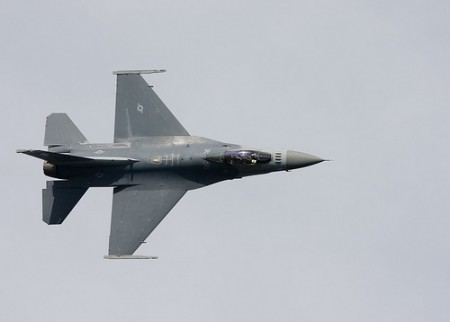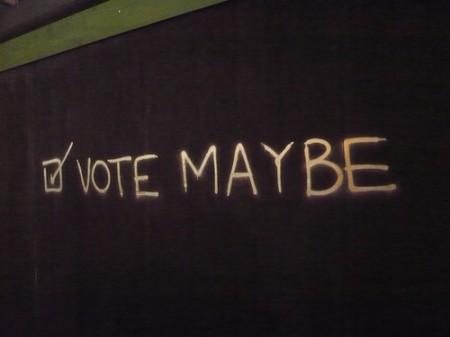
Europe is talking energy and there is no easy way out of existing dilemmas: While nuclear and fossil-fueled power plants entail considerable risks, most sources of alternative energy are not yet considered mature enough to fuel Europe’s economies on their own. Like elsewhere across the globe, Europeans are facing tough challenges in their attempt to secure a clean, reliable and affordable power supply.
As in every crisis, the risk looms that countries just look after their own narrowly-defined national interests and either ignore or forget the advantages of a regionally coordinated approach. In their struggle for secure energy, European nations should not lose sight of the potential of the common electricity market. In the long run, it could play a crucial role in enabling a more efficient energy future both from an economic and an ecological point of view. Yet, many obstacles still need to be overcome at the moment.
In an integrated market, electricity could be exchanged efficiently across the continent, connecting demand to the most inexpensive supply no matter where in Europe. Consumers could benefit from choosing from a wide range of suppliers, which in turn would boost competition and innovation. Currently, however, the European electricity markets remain regionally fragmented. Countries and companies are not investing enough in transmission capacities across national borders because they struggle to agree on the financial burden-sharing of these expensive projects. As long as national grids are not fully interconnected, trade cannot evolve.




